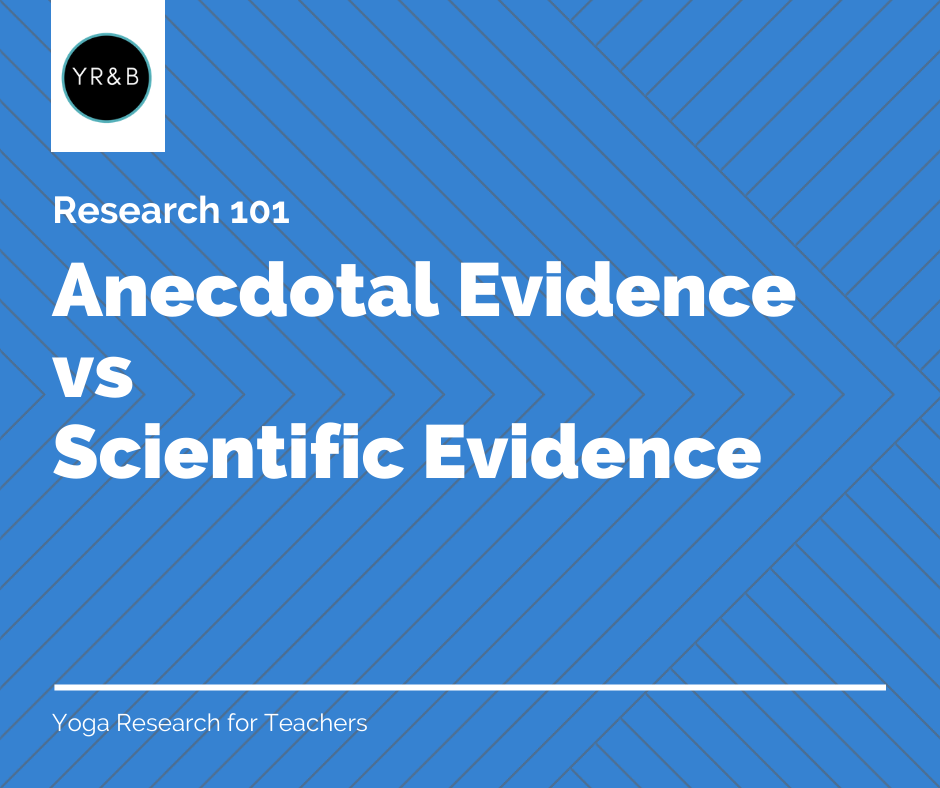What is Evidence?
In any research study, the goal is to generate some type of evidence for a particular purpose, namely for the pursuit of knowledge and the desire to prove or disprove an idea or theory. Good research challenges the status quo, advances our understanding, and drives improvement. Solid research projects lead to good research findings, which build compelling stories that can dramatically inform and improve our approach to our work. However, it’s important to know what a quality research study looks like as well as whether it applies to your specific clients.
Scientific Evidence
When it comes to scientific evidence, there are a lot of numbers, terminology, and esoteric methodological factors that impact the relevance and utility of research findings. This makes it difficult for practitioners to understand the practical implications of the research and how to apply them to their practice. It can be an intimidating process to determine whether the research is valid, whether it pertains to your population, and how to apply it to your clientele.
Misconceptions
Perhaps one of the most common misconceptions is that between anecdotal evidence and scientific evidence. Anecdotal evidence is information collected in an informal manner and often relying heavily on personal testimony, such as a case study approach (or one yoga teacher’s experience with clients). While anecdotal evidence is generally limited in value due to several types of bias, scientific evidence relies on more rigorous methods. Anecdotal evidence includes the first articles published on new topics, comprising most of what we see online, in the news, and on social media. However, we can’t rely on anecdotal evidence exclusively because it is highly susceptible to error attributed to personal biases and preconceived notions.

TITLE: NA
PUBLICATION: NA
DATE: NA
AUTHORS : NA
Attrition rate: Value that indicates degree of participant dropout in a study
Fidelity: Extent to which delivery of an intervention adheres to the protocol originally developed
Impact score: An index score that reflects the yearly average number of citations that articles published in the last two years in a given journal received
Overgeneralization: Bias that results when one assumes that observations from a small number of cases will be the same for all cases. This is a common when extrapolating information from one story or news article.
Quasi-experiment: Type of scientific study used to estimate the causal impact of an intervention on a target population without random assignment to treatment and comparison groups
Randomized controlled trial: Type of scientific experiment that aims to reduce certain sources of bias when testing the effectiveness of a treatment or approach, includes random assignment of participants to treatment and control groups. This is sometimes referred to as an ‘effectiveness trial’.
Scientific Evidence: When a theory is tested using observable outcomes rather than opinions and anecdotes
Spurious relationship: When two variables appear to be related due to the presence of an unseen factor known as a ‘spurious factor’ or ‘confounding factor’

